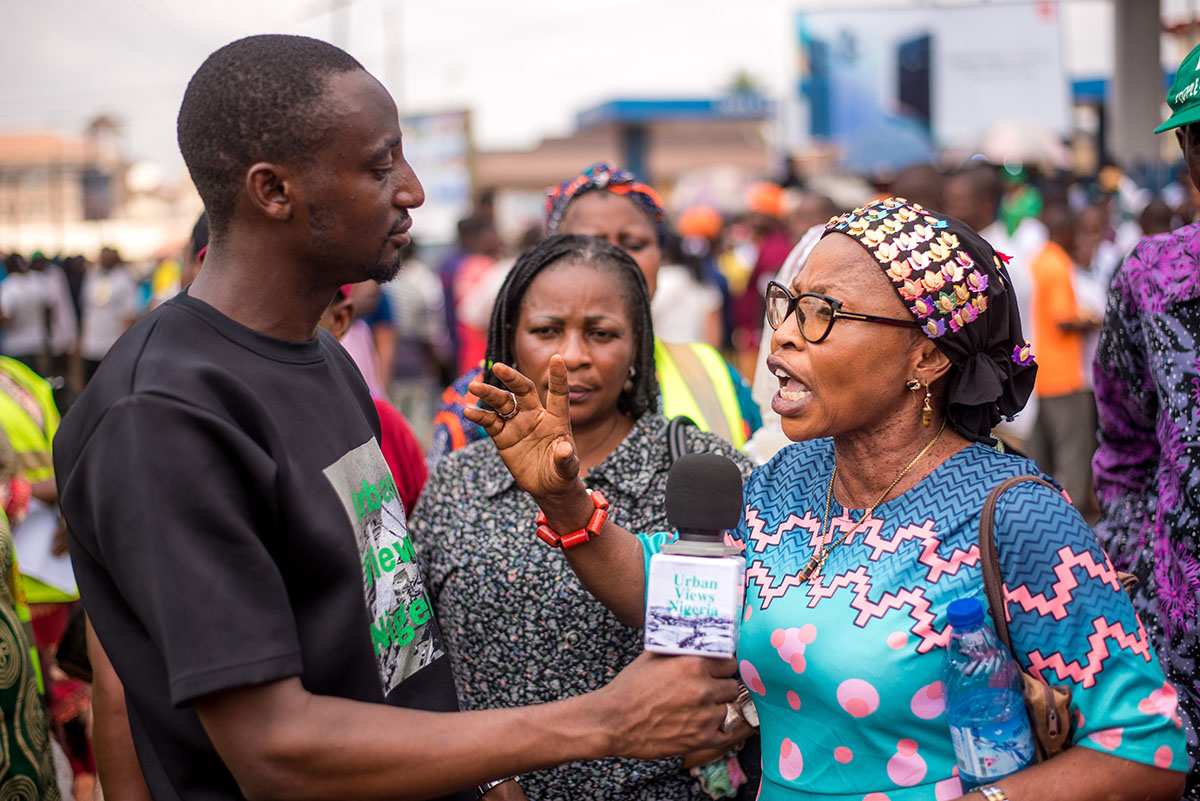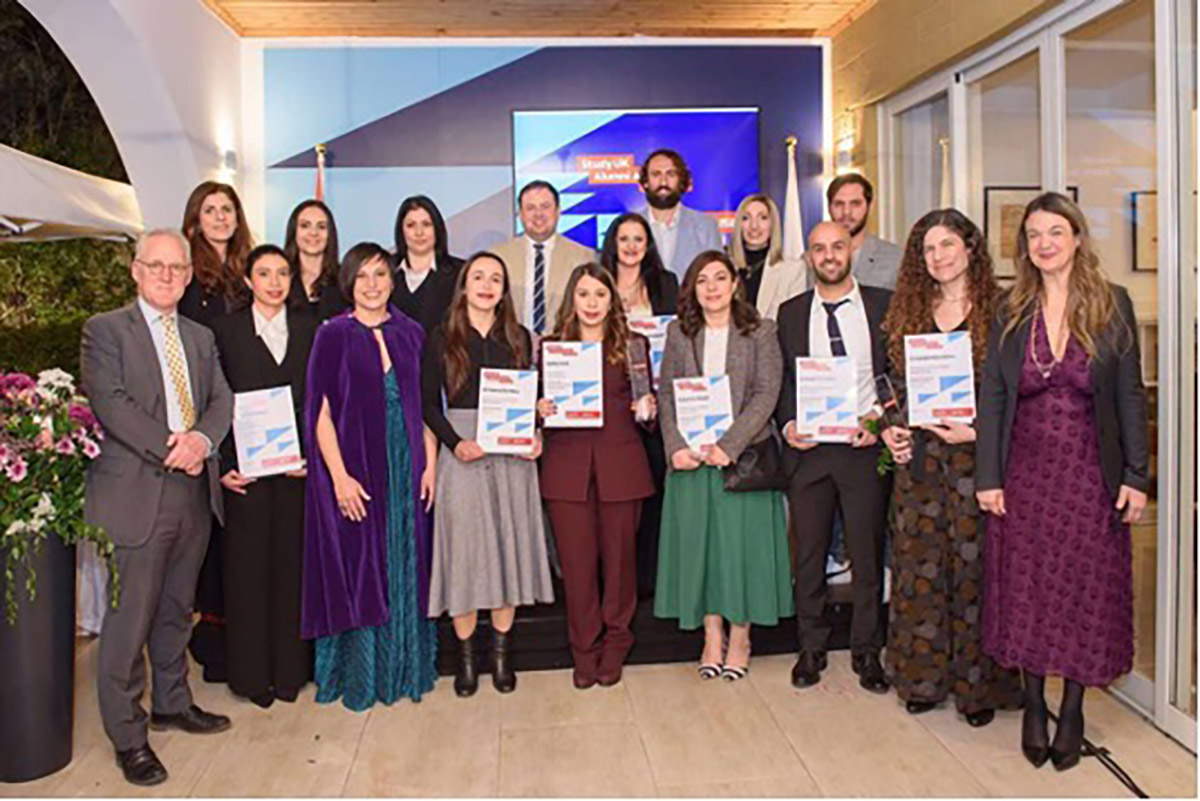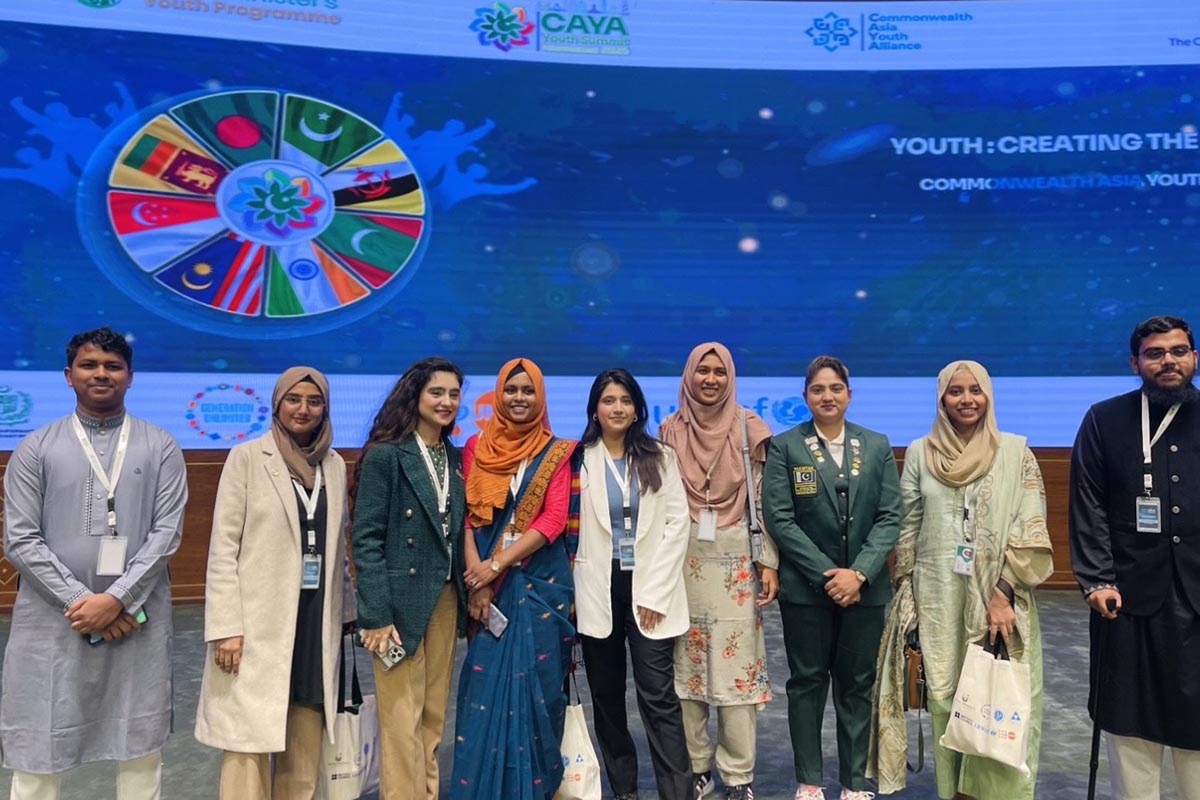The Right to Protest in an Age of Disinformation
August 11by Ruhamah Ifere
The 1999 Constitution of the Federal Republic of Nigeria empowers its citizens with the right to assembly freely and associate with other persons. This right can only be restricted under very specific circumstances spelt out in the law.
Section 45 of the 1999 Constitution of the Federal Republic of Nigeria CFRN (1999) permits these rights to be restricted only in the interests of defence, public safety, public order, public morality or public health, or to protect the rights or freedoms of others.
This explains why a Court in Lagos state restricted the Hunger protest to two locations in order to prevent the protest from being hijacked and becoming violent.
However, this does not take away from conditions in the country which have bitten hard on the people and have now resulted in protests as a way of drawing urgent attention to the dire situation in the country.
Protestors want five demands in seven days, followed by five more demands by October 1. The first set of demands are: Issues of Hunger, Cost of Living, Insecurity, Cost of Governance, EndSars. The second set of demands are: Protect Farms & Farmers, Human Capital Development, Electoral Reform, Establish a Living Wage, Constitutional & Judicial Reforms.
In all of this, what reigns supreme is the sporadic spread of disinformation that thrives on the internet. Information manipulation is on the rise and is amplified by non-verified sharing that poses a significant threat to society.
It has become increasingly crucial to equip individuals with the skills to discern fact from fiction. many social media users do not have the critical thinking skills to interrogate information shared on such platforms, especially when such information aligns with their biases or preconceived notions.
The impact of Disinformation is significant. First, it intensifies social conflict to undermine people’s faith in the democratic process and people’s ability to work together. Secondly, it distracts people from important issues so that these issues remain unresolved.
To effectively combat information manipulation, Citizens especially young people need to be empowered with the tools and knowledge necessary to become effective fact-checkers and contribute to a more informed public sphere.






